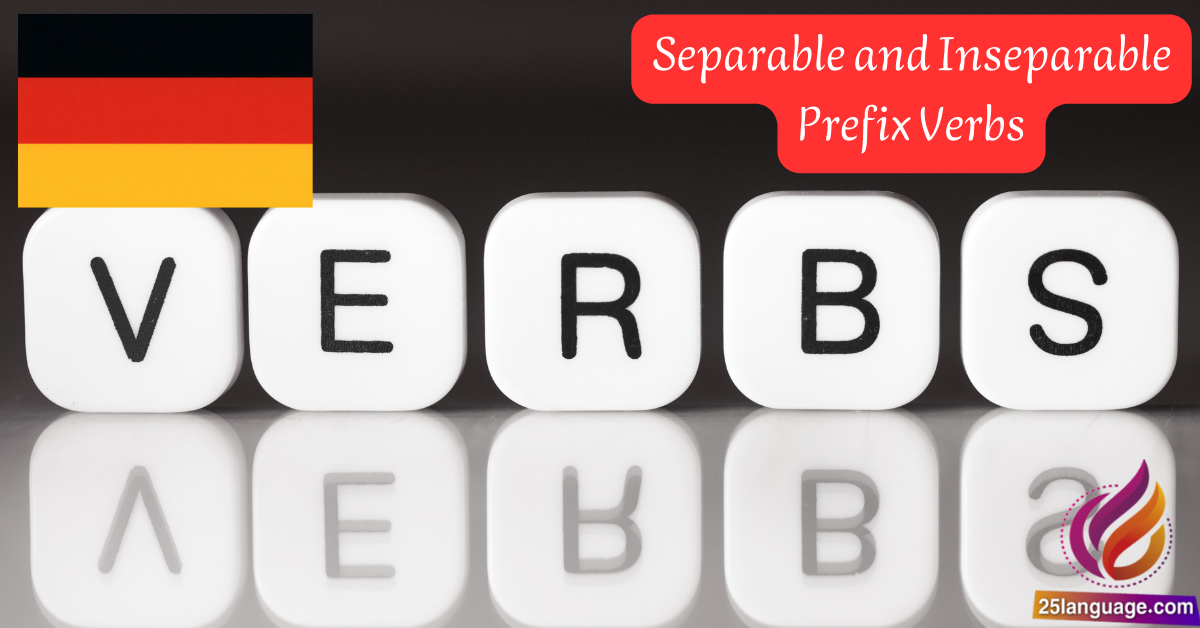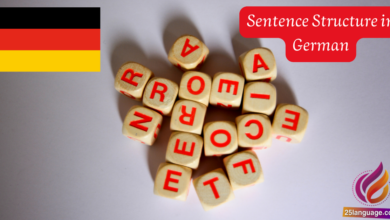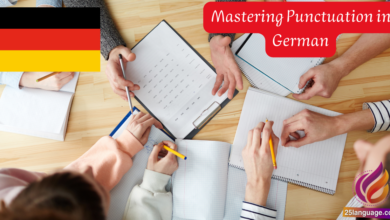Separable and Inseparable Prefix Verbs: Your Ultimate Guide

Imagine unlocking a new layer of the German language that can transform ordinary verbs into dynamic expressions! In this engaging lesson, you’ll discover the interesting world of separable and inseparable prefix verbs. These prefixes can change the meaning of verbs and add depth to your conversations.By mastering these structures, you’ll gain confidence in your ability to communicate effectively in German, making your language journey even more rewarding. Let’s dive in!
Understanding Separable and Inseparable prefix Verbs Unraveling the Nuances of Verb Prefixes Practical Applications and Examples of Prefix Verbs Mastering Prefix Verbs for Everyday Communication
In German, verbs can be categorized based on their prefixes into separable and inseparable prefix verbs. Separable prefixes are often adverbs or prepositions that can stand alone and change the meaning of the verb when they are attached. When conjugated, the prefix detaches and moves to the end of the sentence. For example, the verb anziehen (to put on) becomes Ich ziehe mein Kleid an (I put on my dress), where an moves to the end.In contrast, inseparable prefixes do not detach from the verb regardless of sentence structure. An example is verstehen (to understand), which remains intact: Ich verstehe die Aufgabe (I understand the assignment).
Understanding these prefixes is essential for effective communication in German, as they modify the base verbs significantly. Here are some key points to remember:
- Separable prefixes: an-, ab-, auf-, ein-, mit-, vor-, zurück-
- Inseparable prefixes: be-, ent-, er-, ge-, miss-, ver-, zer-
| German Verb | Prefix Type | Meaning | Example Sentence | Translation |
|---|---|---|---|---|
| anrufen | Separable | to call | Ich rufe dich morgen an. | I will call you tomorrow. |
| verreisen | Inseparable | to travel | Wir verreisen nächste woche. | We are traveling next week. |
| abfahren | Separable | to depart | Der Zug fährt um 10 Uhr ab. | The train departs at 10 o’clock. |
| missverstehen | Inseparable | to misunderstand | Ich habe dich missverstanden. | I misunderstood you. |
Concluding Remarks
Conclusion: Separable and Inseparable Prefix Verbs
Herzlichen Glückwunsch, liebe Sprachlerner! You’ve successfully navigated the fascinating world of separable and inseparable prefix verbs in german. This essential component of the language not only enriches your vocabulary but also offers deeper insights into the structure and meaning of German verbs.
To recap, we have learned that separable prefix verbs can change their form and meaning when they are applied in a sentence, often leading to a shift in word order. On the other hand, inseparable prefix verbs maintain their structure, providing a more stable meaning that requires your attention to their prefixes. By recognizing these patterns, you will find it easier to understand and form sentences, paving the way for more effective communication.
Remember, practice makes perfect! I encourage you to incorporate these verbs into your daily conversations and writing exercises. Engage with the language—whether through reading, listening to music, or speaking with your peers—and don’t hesitate to revisit our lessons as you continue your journey.Keep pushing yourself, stay curious, and most importantly, have fun while learning! You are building a strong foundation in german, and every small step brings you closer to fluency. Auf wiedersehen und viel Erfolg!





























